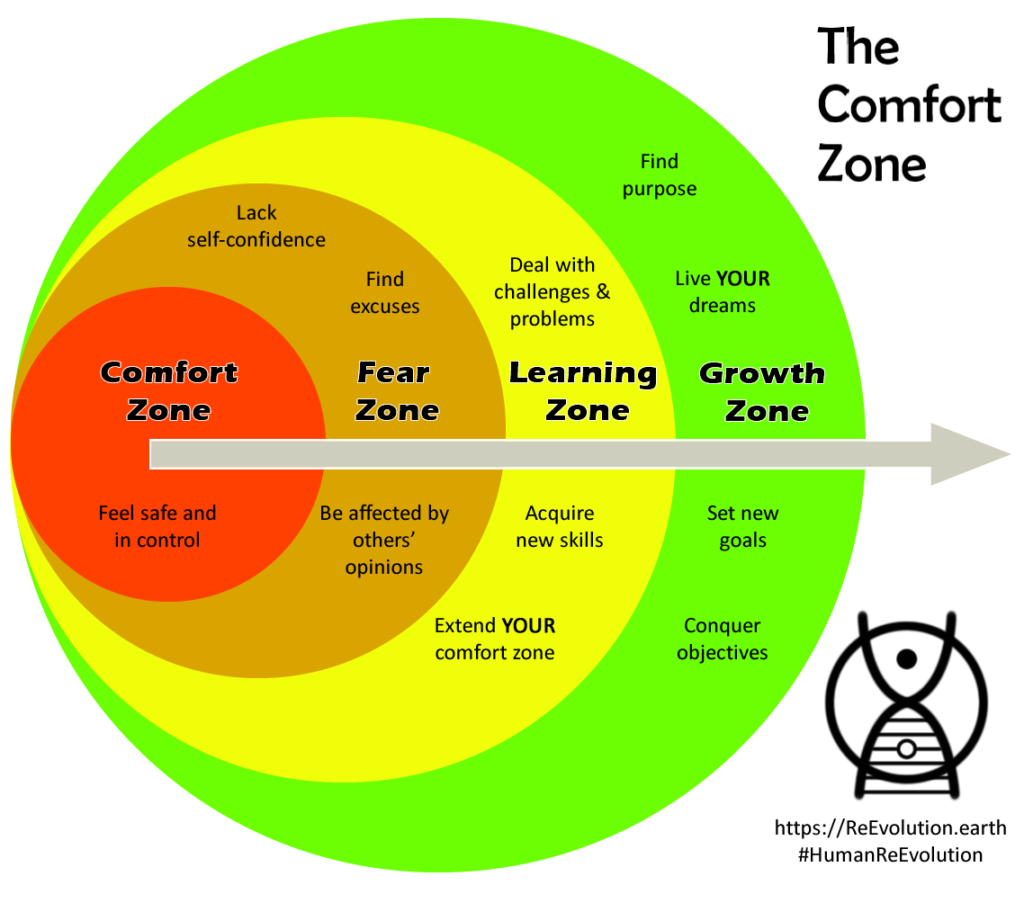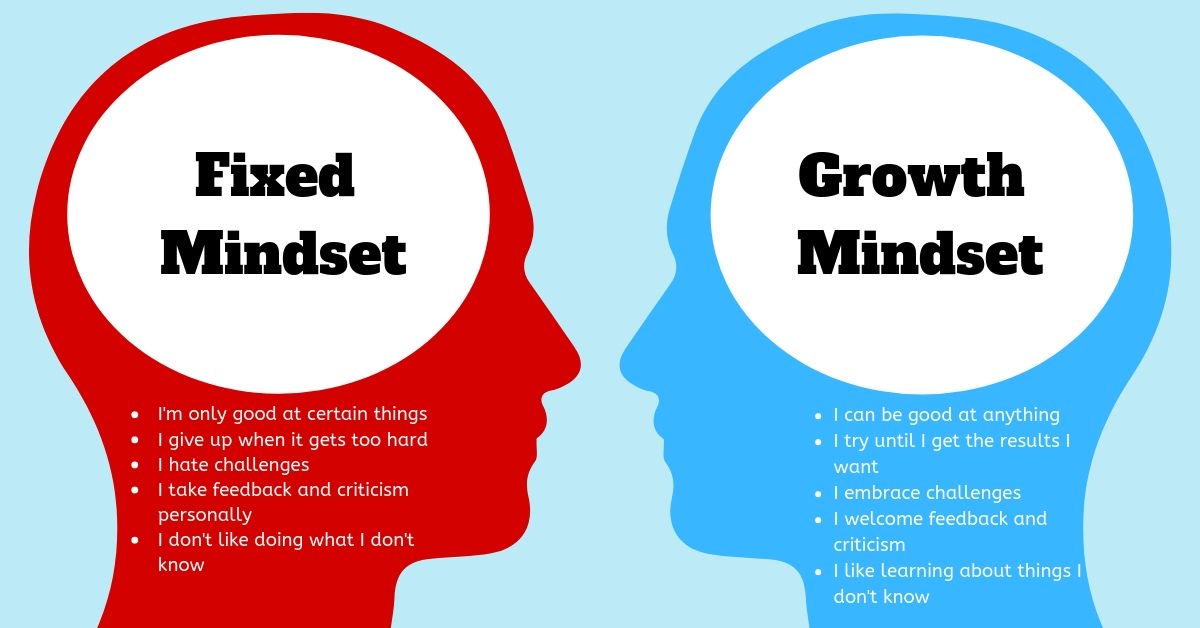“Now is the time to get serious about living your ideals. How long can you afford to put off who you really want to be? This is your life! you aren’t a child anymore. Decide to be extraordinary and do what you need to do – now.”
Epictetus
The average human spends around 79 years or 28,835 days on Earth which works out at an average of 692,040 hours in a lifetime.
Video source: unknown
In this chapter, each sub section is a self contained bundle of facts, problems and crucially small suggestions of actions you can take straight away to slowly and hopefully, help you become the real you to make the most out of the precious time you have here!
Remember, all the problems in this chapter are UNIVERSAL amongst us Humans. you might personally not identify you have any problems with some of these right now or you might just think you have each of them figured out so there’s no reason to even look at them?
Well let’s talk about some other aspects of you that your Human mind creates for you…
Cognitive Dissonance
Like prejudices, Cognitive Dissonance is a psychological phenomenon shown by ALL Humans. The basic definition can be summarised as…
Even if you are shown credible evidence that contradicts your particular belief or behaviour you will disregard this just to avoid the discomfort of having these beliefs or behaviours questioned.
This is similar in many ways to the backfire effect ‘I’ also mentioned earlier.
This documentation is MY attempt to try and help you learn how to end potential endless, negative self reinforcing cycles in your current life by learning about your beliefs and where you get them.
An even simpler way to think of this is – in order for you to change and become the person your soul really knows you are will require you to grow.
Step outside your comfort zone
Personal Growth is hard and both your body and mind will try and keep you safe in what is sometimes called “The Comfort Zone”. The following image should illustrate to you why it’s good to step out of your comfort zone…

There are another two terms often used to describe the mindsets of people in either of the Comfort and Growth zones above…
Fixed Mindset / Growth Mindset

Can you see the differences in the above mindsets? Changing your mindset is one of the most fundamental ways you can transform your life and this process also goes by another name…
Reframing
Cognitive reframing is a psychological technique that consists of identifying and then disputing irrational or maladaptive thoughts. Reframing is a way of viewing and experiencing events, ideas, concepts and emotions to find more positive alternatives. In the context of cognitive therapy, cognitive reframing is referred to as cognitive restructuring. Cognitive reframing, on the other hand, refers to the process as it occurs either voluntarily or automatically in all settings.
Wikipedia contributors. “Cognitive reframing.” Wikipedia, The Free Encyclopedia.
Given the above then you will understand that this documentation is also in effect MY attempt to try and help you reframe the issues in your life in order for you – a kind of virtual Cognitive Behavioral Therapy (CBT) mixed with Narrative Therapy.
DISCLAIMER: This text and the links above are only to help you find out more about two of what ‘I’ feel are the most beneficial therapies for mental health issues but PLEASE seek trained professionals ASAP if you suspect you need to make use of such services urgently!
If you are in the UK the NHS has a helpful page on how to access CBT here.
Decentering
Decentering is another important concept and a key part of what ‘I’ am trying to do with this text which can be summarised as learning the following….
Another way of expressing this is that you have the ability, or can learn how to, step back from your beliefs and thoughts and certainly don’t have to believe them all 🙏
Both CBT (mentioned above) and the increasingly popular practice of mindfulness use decentering to try and give you back some control of your thoughts and emotions.
For example, in a similar way to the differences between a Fixed Mindset and a Growth Mindset above, you can learn that “you have had a thought that you can’t do anything right” not that this thought is some absolute truth you can’t change. Once you can make this mental change, you can simply acknowledge such thoughts then crucially, CHOOSE to let them leave again or consciously act upon them.
The following video via the great Headspace Mindfulness system might help explain decentering better…
‘I’ will be covering the topic of mental health later in this text but for now, enough of the word heavy stuff!
Take 10 minutes to watch the following lighter but nevertheless hopefully as inspirational video by Luvvie Ajayi who covers so many of these ideas so passionately and eloquently in this TED talk…
So now you hopefully recognise the importance of not only being prepared to grow but also of being the real you, please, no matter what your current thinking is on each of the upcoming sections will you try reading each of the following sections at least once?
Thanks.
Now ‘I’ know we are on the same page, so to speak, can ‘I’ also suggest you take another 6 minute break from these pages and watch the following video, which has been watched over 15 million times on Facebook by other Humans just like you…
Time Out
Do you identify with ANY of the subjects or addictions discussed in the above video?
Starting the process of change with anything is always hard and breaking habits, perceived wisdom and challenging long held stereotypes and dogma is incredibly hard!
However ALL big changes start via small incremental actions you can take and can fully control yourself. By starting this process of change now you can take back control of yourself and your life.
“Success is not final, failure is not fatal: it is the courage to continue that counts.”
Winston Churchill
‘I’ strongly believe an often overlooked and crucial step in any such self reflection processes is to distinguish between INTERNAL Human experiences and EXTERNAL circumstances as each have distinct differences in how WE can take action and effect change.
So seeing as WE have already got quite personal lets continue with Internal Human Experiences next…
